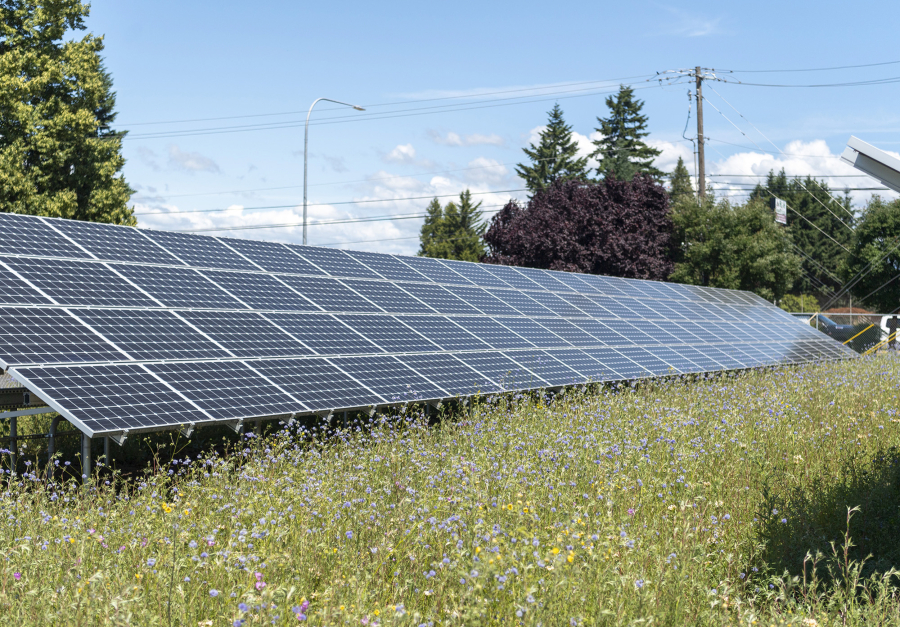Camas officials are considering joining an interlocal agreement that could lead to cooperative climate change planning throughout Clark County.
Camas Community Development Director Alan Peters told Camas City Council members earlier this month that the city will need to join other jurisdictions across Washington in meeting the goals of House Bill 1181, which calls for Washington government entities to, according to Peters, “plan for climate change impacts as part of their comprehensive planning processes.”
Such planning requires governments to include “sub-elements” in their comprehensive plans to address plans to reduce greenhouse gases and to become more resilient in the face of expected climate change disasters such as flooding, drought, wildfires and heat waves.
Camas is just beginning its required comprehensive plan update and has received a $500,000 state grant to address the climate change requirements in its new comprehensive plan and to implement future climate-related policies, Peters said.
Joining with Clark County, Battle Ground, La Center, Ridgefield, Washougal and Yacolt for cooperative climate planning would allow Camas to better identify its greenhouse gas sources, as well as its risk from climate change, Peters said.
“We will still have a Camas-specific team to help with our own, local goals,” Peters told council members this month, “but by going in with these other cities and the county, we can get some good data on what our climate risks really are.”
Peters said the city could fulfill the climate-planning requirement set by state legislators in 2023, without the interlocal agreement, but that it would put the city at a disadvantage.
“We could go into it blind, but this will help us create goals we can realize,” Peters said, adding that, by joining the interlocal agreement, Camas was “under no obligation to adopt the same goals or act in the same way as the other jurisdictions.”
“It’s not binding,” he said of the proposed interlocal agreement. “It does not mean we have to have the same goals and policies. … Vancouver chose not to be a part of this because they are already doing some of this work on their own. The rest of the cities felt this made sense for us and our budgets. It allows us to go a little bit farther, and we can save (money) by going in on this contract.”
Peters said the city will still need to hire a consultant to help with Camas-specific climate change planning, but that being a part of the agreement “could help (Camas) reduce those costs.”
“We could also do more if there’s a specific metric we want to gather data on,” Peters said. “We could do that on our own and dig deeper into the data from the county.”




